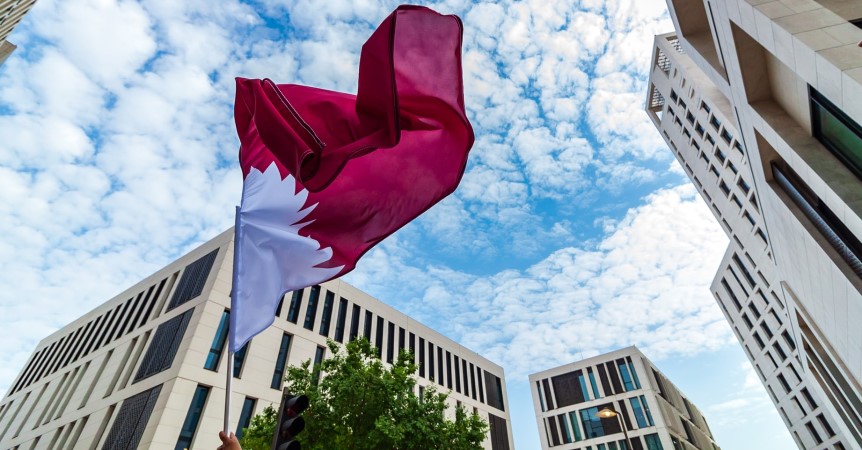
Qatar will not make any new investments in Russia for the time being. Qatari Foreign Minister Sheikh Mohammed bin Abdulrahman Al-Thani said in an interview with CNN.
According to the minister, the oil and gas-rich country is waiting with investments until there is more “clarity about the stability” of the situation around Ukraine.
“At the moment, given the current situation, we are not thinking about new investments there. Even in Europe, until we have some clarity about the situation’s stability. Well, not all of Europe, but the areas where we feel tensions or are at any political risk because we have to look at it from all dimensions,” said Al-Thani.
The Qatar Investment Authority (QIA) state investment fund has made significant investments in the Russian oil group Rosneft. However, according to Al-Thani, those investments have been made on the basis of “commercial assessments and are continuing” but will not increase for the time being.
While Qatar opposes any form of aggression or the use of power against a sovereign country, the foreign minister said he had kept its channels of communication open with all parties. He stated that he spoke regularly with his Russian and Ukrainian colleagues to “offer our help or contribution to de-escalate the situation and end this war”. Al-Thani recently met in Moscow with Russian Foreign Minister Sergei Lavrov.
Based on his conversation with his Russian counterpart, the minister believes that Russia is prepared to comply with the demands it has made. “How far the Ukrainian government is willing to give in to those demands is up to the Ukrainian government and the Ukrainian people. We should focus on a ceasefire, humanitarian corridors and bringing humanitarian aid to Ukraine rather than fighting this conflict on the battlefield,” said Al-Thani.
Qatar has often played a mediating role in de-escalating conflict and bringing opponents to the table, particularly between the Taliban and the United States and between the West and Iran. According to the Minister of Foreign Affairs, that policy is “the best way forward”.
